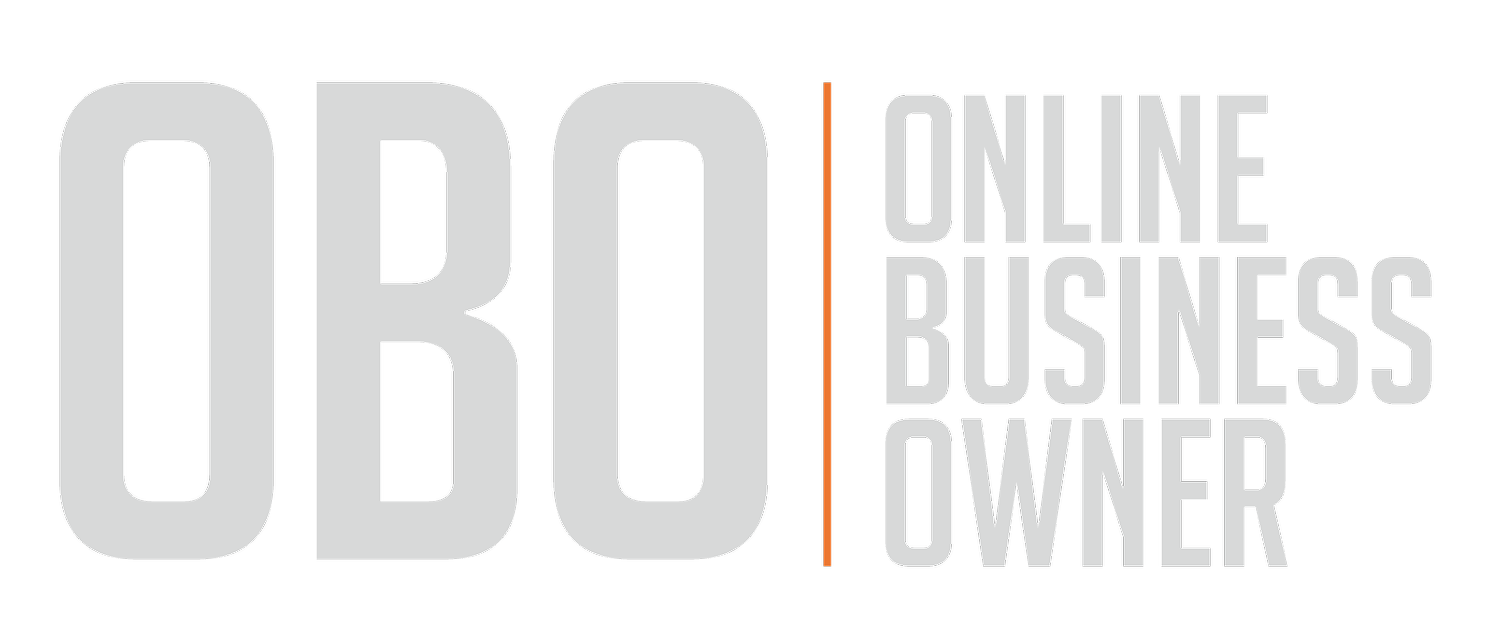The Potentially Sketchy, and Growing, World of “Drop Servicing”
Written by: Online Business Owner • February 21, 2022
Image Source: https://unsplash.com/@soy_danielthomas
Not only is TikTok booming and bustling with new growth these days, it’s also made way for creators to share their business ideas and strategies with anyone in the world.
But they’re not all…good?
New reporting out from The Verge details how some creators are taking to the video-sharing app to talk about their drop servicing (“sometimes called service arbitrage or service reselling”) businesses.
How does drop servicing work?
Business owners market their services like copywriting, video editing, voice-over work, design, or social media strategy.
They land clients for said work and get paid their set price.
Then, they turn to sites like Fiverr or Upwork and hire someone to complete the work (typically for pennies on the dollar).
“In an ideal situation, everyone gets what they want: the worker makes a sale, the client gets their product, and the person in the middle makes a profit for facilitating the transaction. But it makes for a strange arrangement: Freelance gig workers don’t always know who they’re working for or the resale value of their work, and when problems arise, the person doing the work can get burned.”
The business model CAN work. But, it does have some ethical concerns.
While outsourcing work in your company is the norm and finding pros on job posting sites like Fiverr can make sense for online business owners, something about drop servicing just seems slightly off?
There are three major issues we see with the business model…
Exploitation – the business model tends to rely on someone (typically in another country) being paid an unfair wage for the work they complete. And since services are being resold, the service provider doesn’t know the true value of their work.
Difficult Working Situations – since many service resellers aren’t disclosing that they’re purchasing a service to resell they don’t always provide the service provider with all of the project details or be vague in their instructions. This leads to more back-and-forth with clients and lower quality work.
Service Providers Getting Screwed – because they may not fully know the client or project brief when they start, there may be excessive edits or the project may just get cancelled in its entirety, leaving the Fiverr-sourced pro on the hook for providing a refund for work they’ve already completed.
It makes more sense for business owners who want to go this route to build an agency-style business that partners with service providers and experts for ongoing projects paid at a fair wage.
Why this matters for online business –
One of our beliefs here at OnlineBusinessOwner.com is that anytime a business touts record profits, there is probably exploitation happening at some level.
Either a business owner is exploiting themselves by overworking and refusing to hire support (all in the name of high profits), they’re exploiting their team members by underpaying them for the work they do, or they’re exploiting their clients by not properly vetting them for programs or overpromising for services.
And while we’re not here to tell you how to run your business, we do think it’s important to discuss the ethical issues related to business models that rely heavily on the exploitation of labor to achieve high-profit margins.
We see this in online business not only in business models like drop servicing – as we’ve written about here – but also in how some businesses rely on underpaid overseas virtual assistants, unpaid interns, and the misclassification of employees as contractors.
Remember: it is possible to build a profitable and impactful online business without exploiting others or yourself!


![[OBO DIGEST] 5 Ways to Attract More Clients & Make Money Every Day](https://images.squarespace-cdn.com/content/v1/639b52d3dcda9628d4c3b395/1731684526539-MCG10AEDTRUGLQ3HFZQ3/unsplash-image--uHVRvDr7pg.jpg)
![[OBO DIGEST] Success Tip: Find the Balance That Changes Everything](https://images.squarespace-cdn.com/content/v1/639b52d3dcda9628d4c3b395/1731002608579-BYSQFTBJN3OZ0LN3D6E4/surface-wr5iWiE0dNs-unsplash.jpg)
![[OBO DIGEST] 7 Beliefs That Keep You Broke—and How to Change Them](https://images.squarespace-cdn.com/content/v1/639b52d3dcda9628d4c3b395/1730401517197-BS5HH7EAPNJD2TNN9UHO/bench-accounting-C3V88BOoRoM-unsplash.jpg)